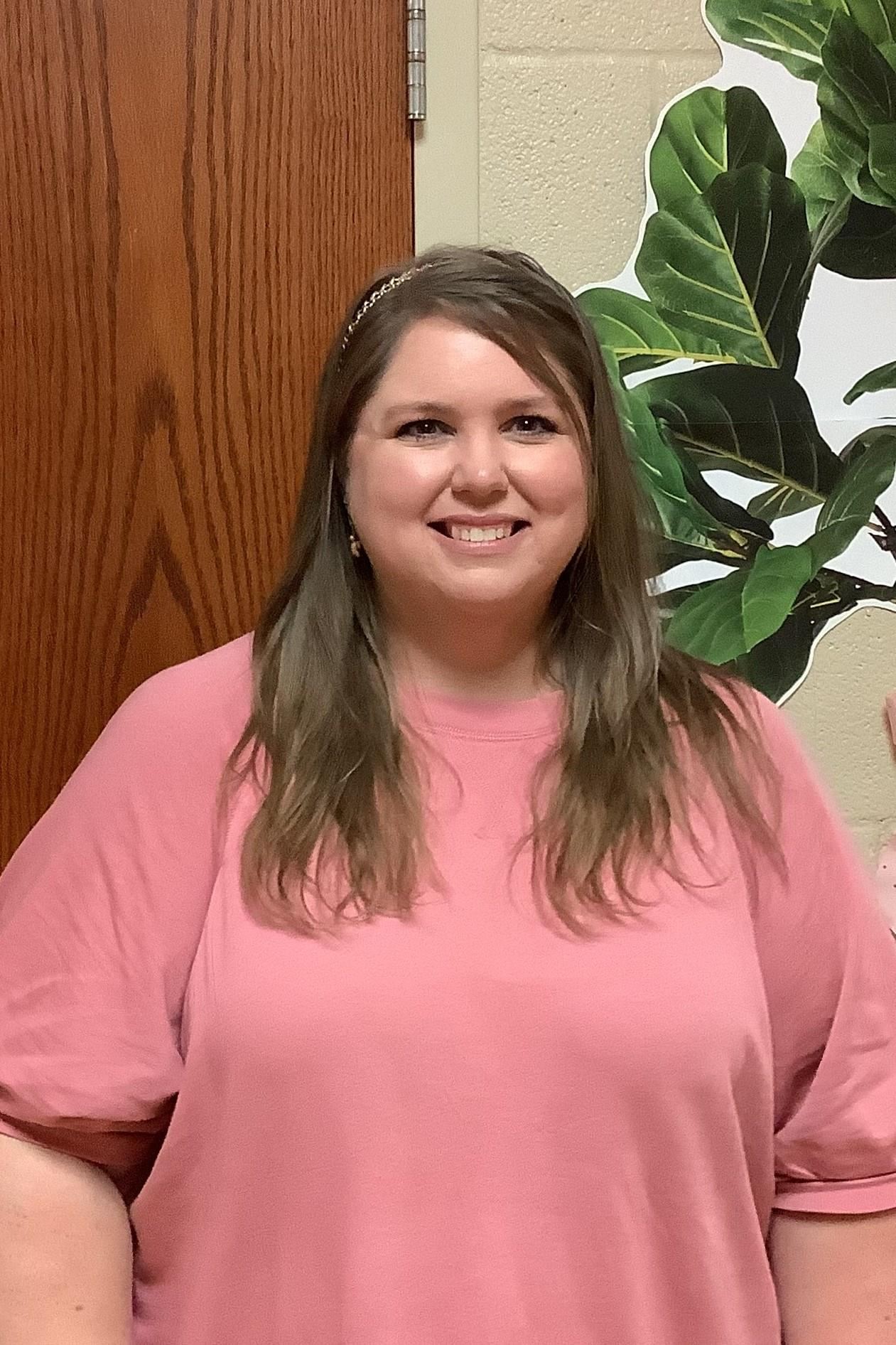- Lexington Technology Center
- STEM (Science, Technology, Engineering & Math
Programs
Page Navigation
- Agricultural Science
- Automotive Collision Repair Technology
- Automotive Technology
- Building Construction Cluster
- Business, Marketing & Management
- Computer Science & IT
- Cosmetology
- Culinary Arts Management
- Digital Art & Design
- Electricity
- Finance
- Firefighting
- Health Science
- Law Enforcement Services
- Machine Technology
- Power Equipment Technology
- STEM (Science, Technology, Engineering & Math
- Teaching and Education
- Welding
- Other Opportunities

Phone: 803-821-3019
Email:
Degrees and Certifications:
Bachelor's Degree Horticulture, Clemson University Master's in Teaching Secondary Science, University of South Carolina NASA Endeavor STEM Teaching Certification, Columbia University Certified Solidworks Professional
Melissa Boehler
STEM Instructor, Lexington One, 10 years
Wholesale Business Manager, 4 years
Phone:
Email:
Degrees and Certifications:
Stacy Kirby

Phone: 803-821-3070
Email:
Degrees and Certifications:
Mechanical Engineering and Industrial Design, Purdue University Mathematics Education, University of Wisconsin Educational Leadership – Arkansas State University Continued Certifications for technology and Gifted and Talented Students Certifications for AP Courses: Statistics, BC-Calculus, and AB-Calculus
Patrick Martin
1995-2000 Aiken County School District; Wagner-Salley HS
2000-2006 Lexington Middle School
2006-2013 Lexington High School
2013-2018 River bluff High School
2018-2019 Lexington Technology Center
Courses Taught: Chemistry, Physics, Physical Science, Algebra, Calculus, Statistics, and Engineering

